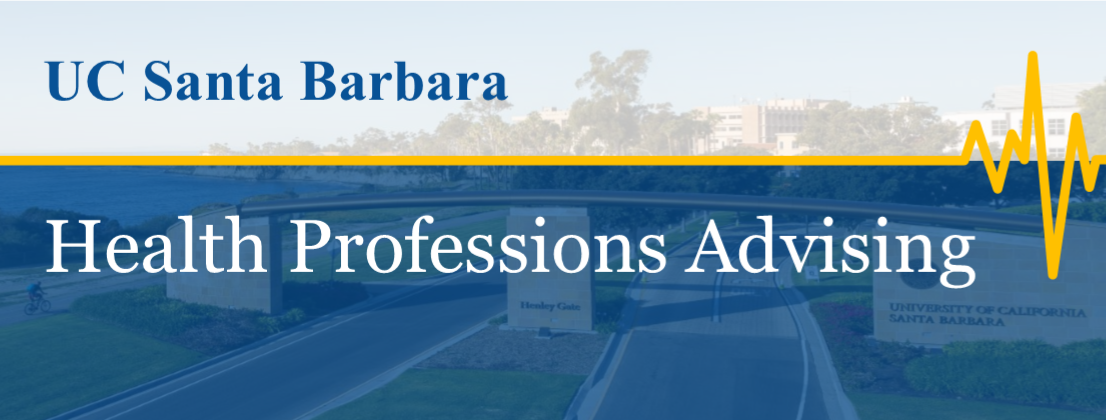Public Health
Public health is the science of protecting and advancing the health of people and communities throughout the state, the nation, and the world by the promotion of healthy lifestyles, detection and control of infectious diseases, and research for disease and injury prevention.
While a doctor may diagnose and treat people who are sick, public health professionals try to prevent problems from happening or reoccurring by recommending policies, conducting research, administering services, and implementing educational programs that encourage healthy behaviors to prevent chronic diseases and improve mental health and wellness.
There are many facets to public health which can include setting safety standards to reduce death and disability by protecting people from unintentional injuries, enforcement of regulatory controls to prevent air and land pollution, developing nutrition programs to ensure that children have access to healthy food, educating people about the risks of infectious diseases, social violence and substance abuse, facilitating access to prenatal education, and much more.
There are different types of degrees in the Public Health field. If you hope to obtain your undergraduate degree (B.S. or B.A) in Public Health, you need to check the course requirements in order to transfer to another institution though many if not most public health professional have bachelor’s degrees with undergraduate majors in the sciences, social sciences, or the humanities and then pursue a graduate degree including master of public health (MPH), master of science in public health (MPH), PhD in public health, or doctorate of public health (DrPH). There are programs that may have an emphasis or concentration in different areas such as biostatics, epidemiology, environmental health, infectious diseases, health systems and policies, and more. Additionally, some schools may offer dual degree options.
Recommended Courses
In general prospective public health students should complete an English Composition, Statistics or Calculus, Social Sciences and Biology course. There are some programs which may require specific prerequisite coursework while others may not need particular courses.
Required Tests
Public health graduate programs typically require the GRE. However, some schools may accept the MCAT, GMAT, or LSAT in lieu of the GRE. Please check the admissions requirements of the programs you are interested in.
Specialties
Public health represents a growing and influential field with diverse career opportunities in the public, private, non-profit and education sectors. These can include:
- Research institutions
- Biomedical companies
- Government
- Statewide and regional health care agencies
- Air and water quality management
- Non-profit advocacy organizations
- Community clinics
- Educational institutions
There are 10 common area of study for those pursuing the field according to the Association of Schools and Programs of Public Health (ASPH):
- Biostatistics and Informatics
- Behavior and Social Science
- Community Health
- Epidemiology
- Environmental Health
- Global Health
- Health Policy and Management
- Health Promotion and Communication
- Maternal and Child Health
- Minority Health and Health Disparities
Applying to Public Health Schools
The selection criteria for admissions will vary by school, but in general, prospective public health students may be evaluated based on the following:
- GPA
- Test Scores
- Statement of Purpose and/or Personal History Statement
- Letters of Recommendation
- CV/Resume
- Research Experience
- Work Experience
Additional Resources
Resources from the National Association of Advisors for the Health Professions (NAAHP) and the Association of Schools and Programs of Public Health (ASPPH)
- ASPPH offers a variety of events throughout the year to help students and alumni learn more about public health and get to know our members’ institutions. We do this through our This Is Public Health brand.
- Keep up-to-date with our schedule of upcoming events. In addition, you can easily click to additional public health events through aspph.org. The ASPPH also has a listserv where the organization shares information about latest in ASPPH news, research developments, funding opportunities, member updates, and awards. Sign up for their Friday Letter here.
Want to learn even more? Consider attending the ASPPH 2025 Annual Meeting from March 19-21 in Arlington, VA.
More Reources
10 Things to know before you apply for public health programs
Financing your Public Health degree
List of Accredited Schools and Programs
Applying to public health programs using the centralized application (SOPAS)
Public Health Online: A Guide to Public Health Careers
Explore Health Careers-Public Health Overview
Public Health Degrees and Careers
Public Health Association for Students
The Association of University Programs in Health Administration (AUPHA)
